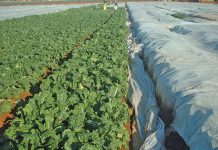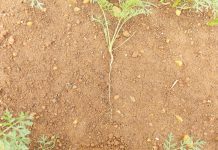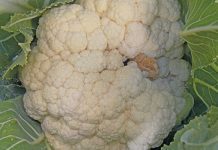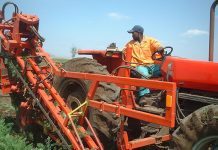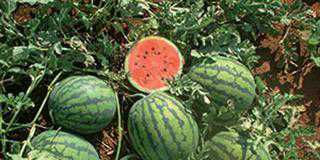Justice was eventually served. But there’s a flip side. To commit his crimes, a fraudster such as Coleske usually needs an accomplice or somebody who ‘looks the other way.’
With Coleske, there were rumours for years that he was up to no good. Is it possible that not one farmer whom Coleske represented had any idea of his underhand practices? Did no farmer realise something was wrong – either with the price received or the payment? Did no farmer question the legality of what was happening?
Perhaps Coleske was so slick that nobody suspected anything. But surely somebody, somewhere, at some time must have stepped back and said to themselves: “Something is not right here.”
Waiting too late
What is it that allows a producer to be taken in by such people? Is it greed? Is it ignorance? Is it indifference? There have been instances of farmers allowing fraudsters to get away with crime even though the former were losing money.
I recall that some years ago, a farmer took a year to submit his claim against an insolvent market agency who owed him more than a million rand. He was either very wealthy or simply negligent.
Needless to say, he was upset when the Agricultural Produce Agents’ Council (APAC) pointed out that he should have claimed within three months – and ignorance of the law was no excuse. The problem is that we tend to focus solely on ‘crooked’ market agents, forgetting that, in most cases, they are aided and abetted by somebody else who is just as greedy.
Concrete evidence
It’s easy to say that APAC should take action but it cannot do anything without concrete evidence. APAC knows that obtaining concrete evidence can be an uphill struggle, and some farmers simply do not want to get involved, and would rather allow the perpetrator to go free. This alone opens another host of questions.

